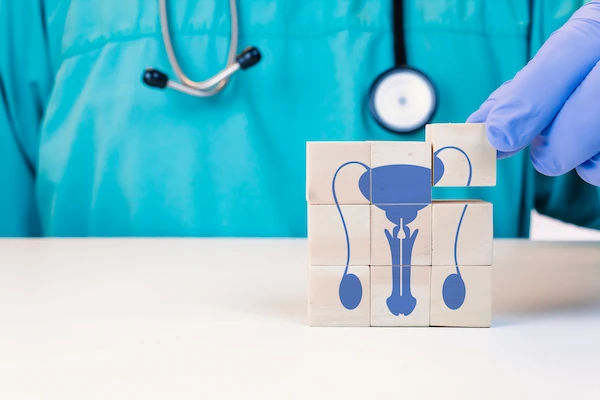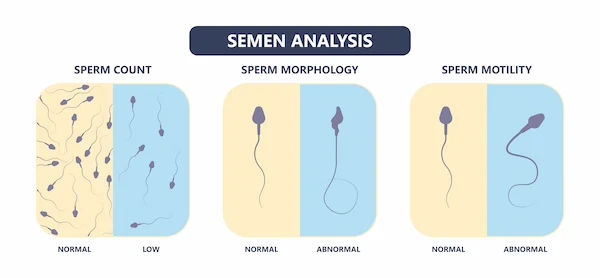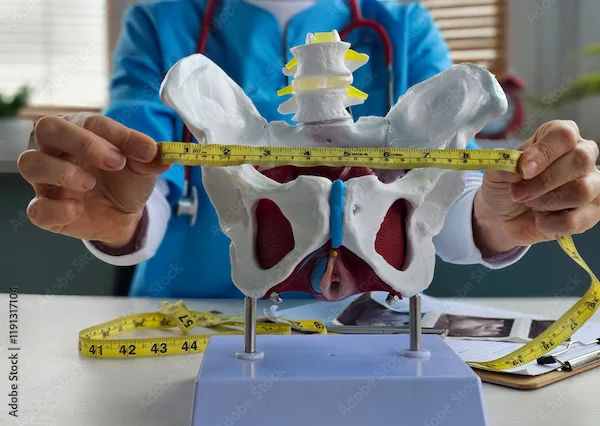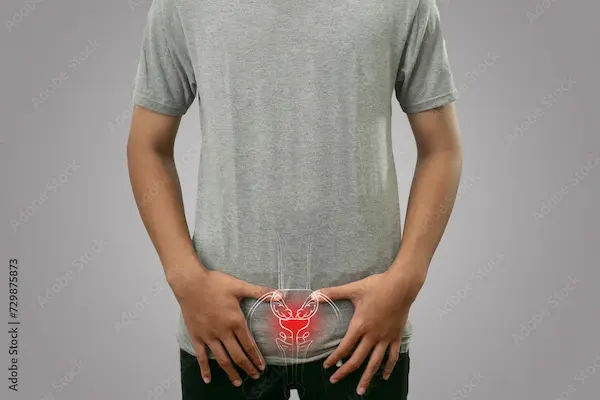- Male
- 28 Years
- 22/01/2025
I've been noticing some issues with premature ejaculation and having trouble with erections. I can't last more than a minute during intercourse, and after one round, I struggle to get an erection again. It's really starting to worry me. What should I do?
Answered by 1 Apollo Doctors
It sounds like you're experiencing concerns related to premature ejaculation and erectile dysfunction. These conditions can be influenced by factors like stress, anxiety, or underlying health issues. It's important to consult with a healthcare provider who can assess your situation, provide appropriate guidance, and discuss treatment options tailored to your needs.
Dr. Ibrahim Suggests...
Consult a Urologist
Answered 04/07/2025
0
0

More Urology Health Queries
View allI've been having this really uncomfortable pain on the left side of my scrotum, and it feels like it's hanging more than usual. It's so bad that it's making it hard to sit or walk properly. I saw two doctors already, and they gave me medicine, but nothing's helping. Can you tell me what might be going on or suggest what I should do next?
yes you can
Answered by 1 Apollo Doctors
Is there a cure for premature ejaculation?
Combinations of treatments such as behavioral techniques, medications and counseling can help in managing premature ejaculation
Answered by 1 Apollo Doctors
I'm 28 and single, and I've noticed that my erections aren't as strong as they used to be. I can still get an erection, and I even have morning erections every day, but they seem weaker. I've been masturbating dailyis that what's causing the issue? Any tips on how to improve my erection strength naturally?
Anxiety cause not masturbation Exercise and nutrition will solve the problems
Answered by 1 Apollo Doctors
Disclaimer: Answers on Apollo 247 are not intended to replace your doctor advice. Always seek help of a professional doctor in case of an medical emergency or ailment.



_0.webp)
